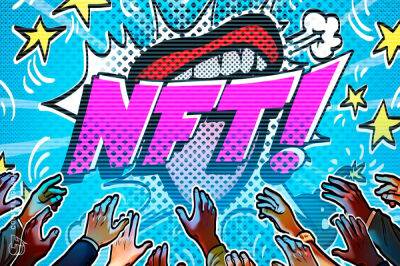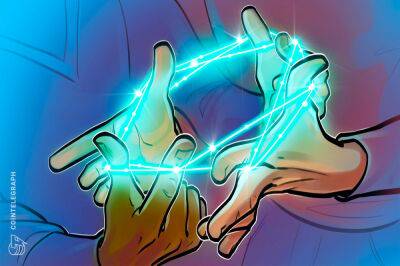Misuse of IPRs a major challenge in metaverse
Web3, the new evolutionary stage of the internet, presents itself with the core concept of decentralisation, immutability and ownership. Key elements of Web3 include blockchain, smart contracts, crypto-currency, non-fungible tokens (NFTs), and the metaverse. NFTs and the metaverse are poised to change how businesses, especially those related to finance, retail and entertainment operate. NFTs have moved from being mere collectibles to having multiple real-world use cases. As the adoption of NFTs and other Web3 elements by businesses grows, legal issues related to intellectual property rights (IPRs), which may arise due to the decentralised and anonymous nature of this technology, will also pose challenges for various stakeholders.
NFTs record digital ownership and store it on the blockchain. They are a significant element of the metaverse economy as they enable the authentication of possessions, property and even identity. NFTs provide a unique means for artists and creators in securing, sharing, and monetising their work. This is already leading to a fundamental change in the music industry where song NFTs are gaining popularity, allowing artists to become less reliant on big producers and studios. Besides creative industries, NFTs have been used in gaming, retail, and even as proof of ownership in the case of the fractional ownership of property and other assets. Companies like Nike and several other luxury brands are using the opportunities in the metaverse and NFT space to promote and sell their virtual products. Nike recently launched .Swoosh, a metaverse marketplace, that allows users to connect with each other and conduct activities, obtain virtual products and engage in other immersive experiences. The size of the
Read more on moneycontrol.com

 moneycontrol.com
moneycontrol.com















